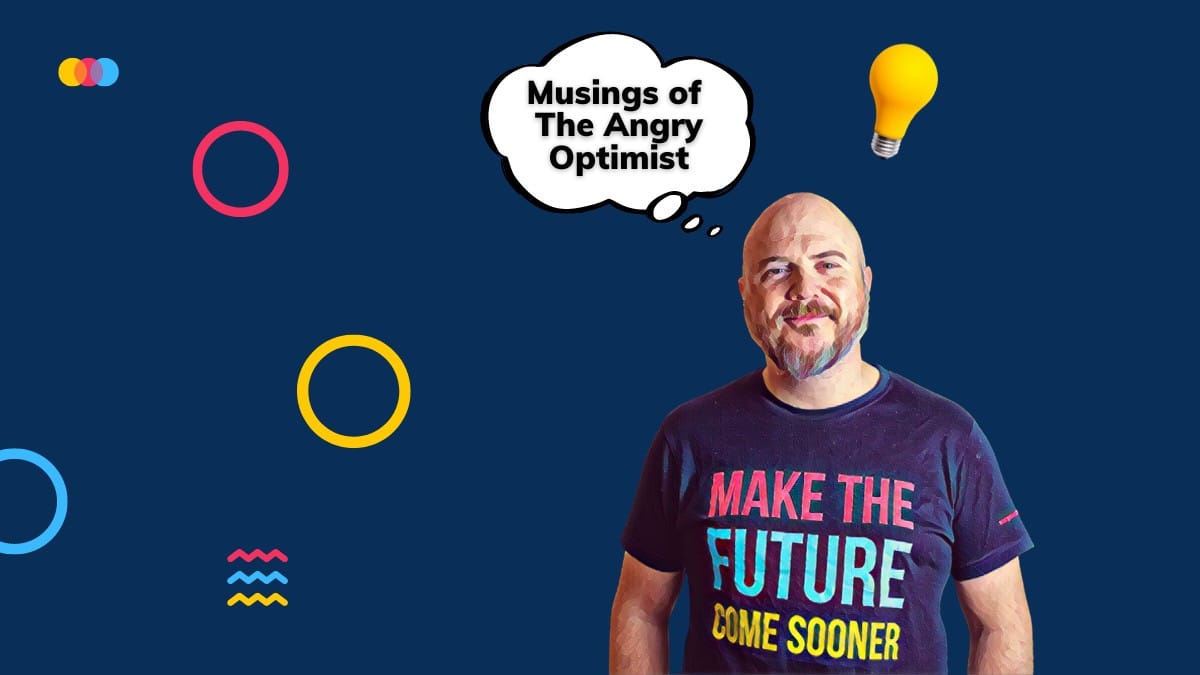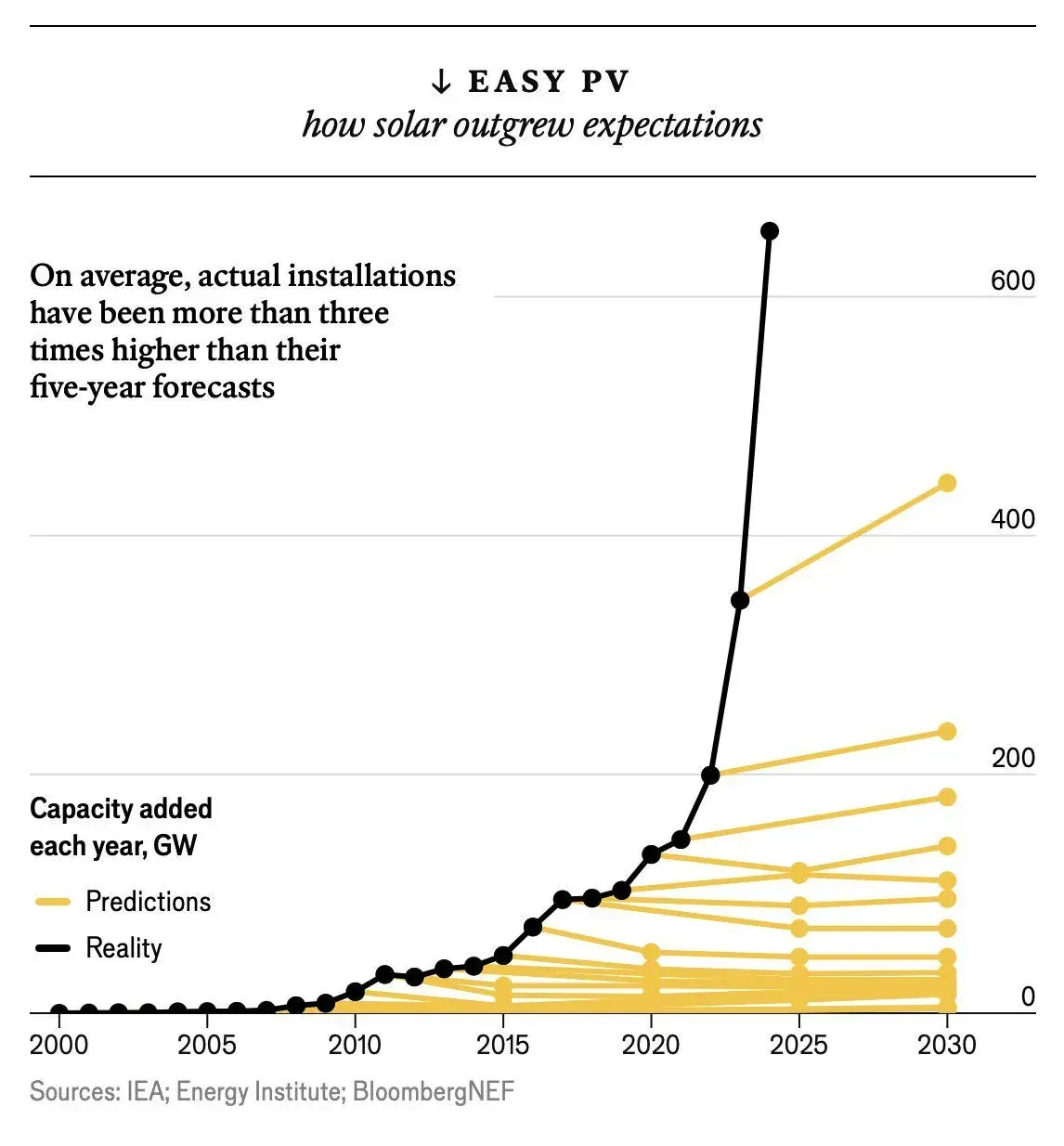
💡 Musings of the Angry Optimist: A moral responsibility to accelerate
When we see a digital solution that works, we have a moral obligation to ensure that as many people as possible benefit from it, as quickly as possible.
Share this story!
My thoughts, tips, and other tidbits that I believe are suited for a fact-based optimist. This newsletter is for you who are a Premium Supporter at Warp News. Feel free to share it with friends and acquaintances.
⏩ Scale up – now!
When we see a digital solution that works, we have a moral responsibility to scale it up.
A few weeks ago, I was invited to speak about AI at the Digitalization in the Service of Humanity conference. There, I listened to a presentation by Johan Magnusson, a professor at the University of Gothenburg.

He shared an example of fall sensors tested in Sundsvall. The fall sensor, mounted on the ceiling of a resident's room, uses infrared light to monitor movements. In consultation with the resident, staff can adjust the settings to detect specific movements depending on the time of day.
If the sensor detects a programmed movement, it triggers an alarm sent to staff via an app, text message, or the existing call system. The sensor has no camera or microphone, visualizations in case of a fall are based solely on infrared data.

Falls have been reduced by 77 percent!
Apart from reducing suffering, this also clearly saves money. According to calculations by Sundsvall Municipality, implementing this solution nationwide could save Sweden $800 million.
Johan Magnusson is absolutely right. It is immoral not to scale this up as quickly as possible.
The same applies to developing new technologies
This moral obligation also extends to developing new technologies.
Every year, 1.2 million people die in traffic accidents. Self-driving vehicles will be significantly safer. Once we have functional autonomous vehicles, countless lives will be saved.
Why more collective efforts aren’t made to support companies developing this technology, and why more research isn’t dedicated to this field, is incomprehensible to me.
Mathias Sundin
Angry Optimist
❗ Other stuff
🔋 The possibilities of AI in research
A group at Google DeepMind has written an extensive article on the potential of AI in research. It’s worth reading in full, but here’s a summary in five points:
- Transforming knowledge
AI assists researchers in managing and communicating large amounts of research data. Models like Gemini LLM can quickly synthesize insights and translate scientific texts into more accessible formats. - Improving data collection
AI makes data collection more accurate and structured, such as annotating protein functions or analyzing environmental data from underutilized sources. - Streamlining experiments
AI simulates and optimizes complex experiments, saving time and resources. For example, AlphaMissense classifies genetic variants to direct research where it’s most needed. - Modeling complex systems
AI enhances understanding of dynamic systems like climate or economics by identifying patterns and connections that were previously hard to detect. - Exploring vast solution spaces
AI helps researchers discover new solutions to tough problems—from molecule design to mathematical breakthroughs—faster and more effectively than traditional methods.
☀️ Wrong again, and again... and again
The black line below shows the actual growth of solar energy. The yellow lines represent forecasts from the International Energy Agency (IEA).
Exponential View explores why these forecasts are consistently so inaccurate.

By becoming a premium supporter, you help in the creation and sharing of fact-based optimistic news all over the world.


